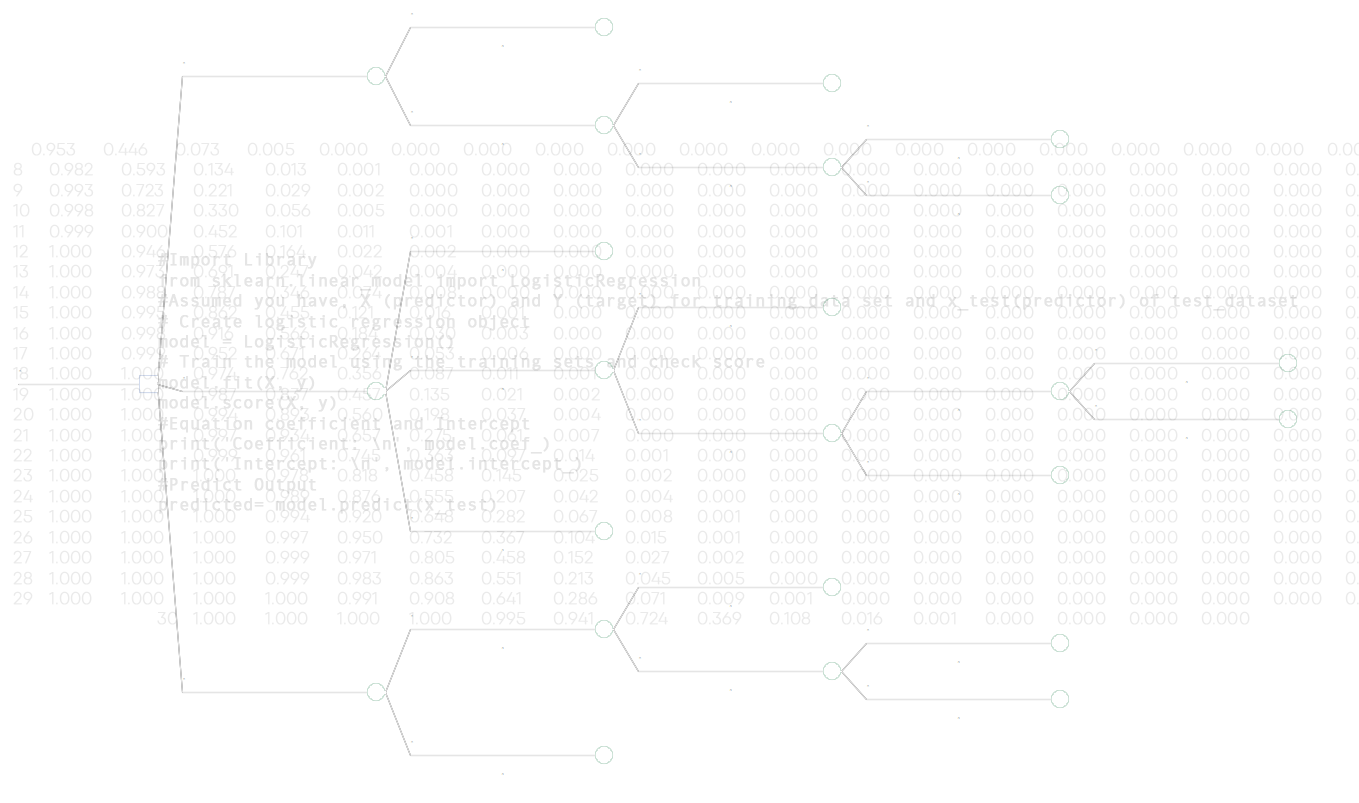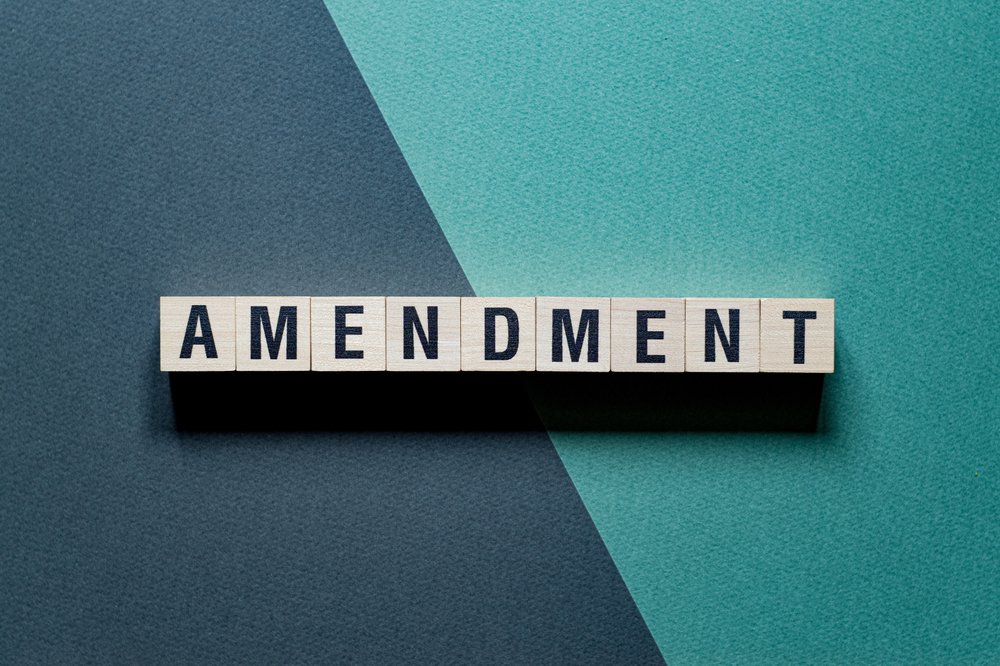
Insights
When Can I Amend My Complaint? The Risks of “Strategic Amendments” in Federal Court
Parties to litigation make strategic decisions all the time about what claims (or counterclaims) to bring and how to bring them. And courts for their part often seem willing to allow parties to amend their pleadings for a wide range of reasons. But what happens if a party makes the strategic decision to hold off on adding certain claims or parties to a pleading in the hopes that adding them later—or threatening to add them later—might benefit settlement discussions?
Can I Even Be Sued Here? The Basics of Personal Jurisdiction in U.S. Courts
The contours of when a defendant is subject to personal jurisdiction depends on the facts of a particular case, as well as the case law precedent from the court where the case was filed. As a result, it’s always a good idea for a company to consider jurisdiction before initiating or responding to a lawsuit.
Risks of Using Nonparty Subpoenas to Obtain Discovery
Case law is increasingly clear that nonparty subpoenas should not be a substitute for traditional discovery or a workaround when a party fails to get the information via more appropriate means. This blog post outlines the risks involved in relying on nonparty subpoenas to obtain discovery.
When Can You Inspect an Opposing Party’s Computers and Digital Data in Litigation?
Parties in litigation can file requests to inspect the opposing party’s computers or other electronic devices for evidence to support their claims. However, due to the intrusive nature of such requests, courts won’t just rubber stamp any request to inspect. This blog post discusses the requirements necessary to support such a request.




